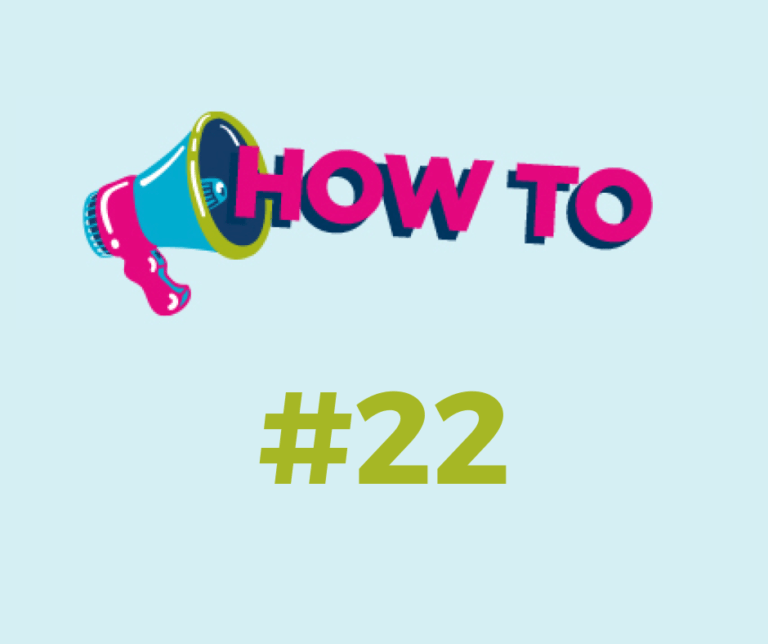How to Learn the Basics of First Aid: What You Should Know
Let's explore the importance of being prepared to help in an emergency.
In this post, we focus on what first aid entails and why it is important to be prepared to help in an emergency. First aid can include a range of skills, from simple to more complex procedures that can save lives in critical situations. Whether you are a parent, teacher, athlete, or just an average citizen, having a knowledge of first aid should be part of your education. 🤓
🆘 Basic First Aid Rules
We start with the basic rules of conduct at an accident scene. It is important to remain calm and have an overview of the situation. This means figuring out what happened and how many people are injured. It’s also crucial to ensure your own safety before starting to help others.
🩹 How to Proceed with Injuries
The next step involves techniques for extracting injured people. This includes safely removing an injured person from a dangerous area (if it is safe to do so) and subsequently treating them. Here, we learn how to handle and manipulate the injured properly and gently, and how to apply initial treatment for injuries such as scrapes, cuts, or fractures.
💡 Special Techniques
The workshop delves into crucial procedures like stopping bleeding and managing breathing difficulties. Participants will learn how to place an injured person in the recovery position, which is key for maintaining airway patency if the person is unconscious but breathing. You will also learn how to check vital functions — this includes monitoring breathing, pulse, and responsiveness to stimuli.
🚑 Serious Conditions
A large part of the training is devoted to procedures for stopping bleeding or how to properly respond to breathing difficulties, which are among the most serious situations you might face. Techniques for treating burns and acute seizures are also going to be discussed.
🫀 Modern Approaches in First Aid
The workshop will also include instructions on providing first aid according to the latest CPR and AED guidelines (cardiopulmonary resuscitation and automated external defibrillator) by the European Resuscitation Council (ERC). This section is invaluable as it shows you how you can effectively save a life in case of cardiac arrest.
💙 First aid knowledge is not just for “professionals”; it is for everyone. Being prepared and being able to react quickly and correctly can truly make the difference between life and death. And that is why it is so important for each of us to have at least basic knowledge in this area. If you are intrigued and would like to learn more, consider taking a first aid course. It is an investment in your future and the safety of your loved ones.
Participants will learn how to place an injured person in the recovery position, which is key for maintaining airway patency if the person is unconscious but breathing. You will also learn how to check vital functions — this includes monitoring breathing, pulse, and responsiveness to stimuli.
The First Aid Workshop will happen on 9. 5. at 5:oo pm in our office. You can find more information here.



